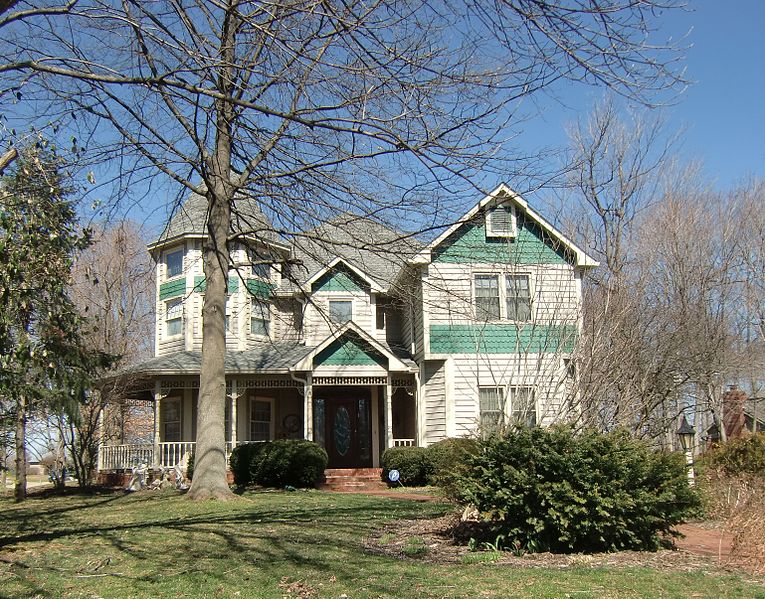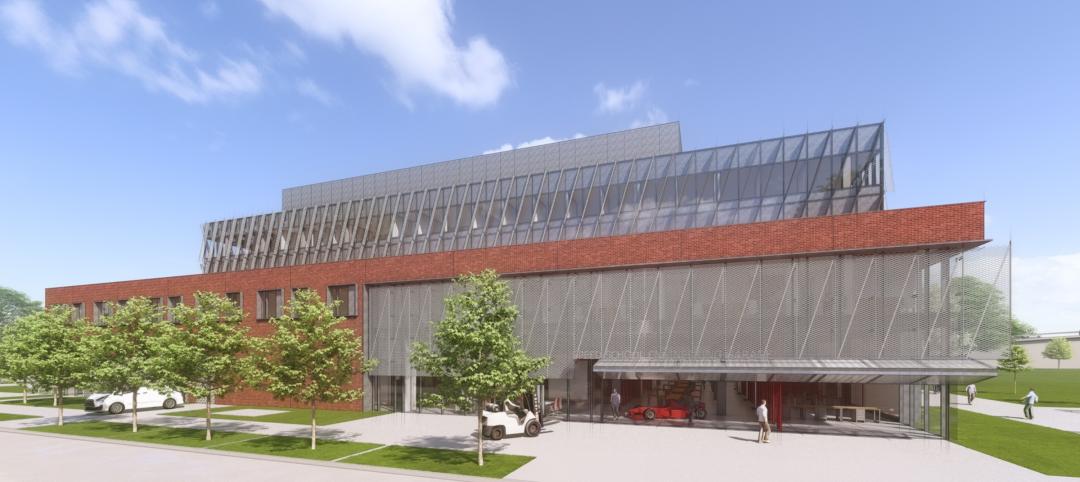The U.S. housing recovery should regain its footing, but also faces a number of challenges, concludes The State of the Nation’s Housing report released by the Joint Center for Housing Studies of Harvard University. Tight credit, still elevated unemployment, and mounting student loan debt among young Americans are moderating growth and keeping millennials and other first-time homebuyers out of the market.
“The housing recovery is following the path of the broader economy,” says Chris Herbert, research director at the Joint Center for Housing Studies. “As long as the economy remains on the path of slow, but steady improvement, housing should follow suit.”
Although the housing industry saw notable increases in construction, home prices, and sales in 2013, household growth has yet to fully recover from the effects of the recession. Young Americans, saddled with higher-than-ever student loan debt and falling incomes, continue to live with their parents. Indeed, some 2.1 million more adults in their 20s lived with their parents last year, and student loan balances increased by $114 billion.
Still, given the sheer volume of young adults coming of age, the number of households in their 30s should increase by 2.7 million over the coming decade, which should boost demand for new housing. “Ultimately, the large millennial generation will make their presence felt in the owner-occupied market,” says Daniel McCue, research manager of the Joint Center, “just as they already have in the rental market, where demand is strong, rents are rising, construction is robust, and property values increased by double digits for the fourth consecutive year in 2013.”
One key to realizing the millennials’ potential in the housing market is for the economy to grow to the point where their incomes start to rise. Another important factor is how potential GSE reform will affect the cost and availability of mortgage credit for the next generation of homebuyers, which will be the most diverse in the nation’s history. By 2025, minorities will make up 36 percent of all US households and 46 percent of those aged 25–34, thus accounting for nearly half of the typical first-time homebuyer market.
The report, as well as an interactive map released by the Joint Center, also highlights the ongoing affordability challenge facing the country, as cost burdens remain near record levels and over 35 percent of Americans spend more than 30 percent of their income for housing. The situation is particularly grim for renters, where 50 percent are cost burdened and 28 percent are severely cost burdened (meaning they spend over half of their income for housing).
“When available, federal rental subsidies make a significant difference in the quality of life for those struggling the most,” says Herbert. “Between 2007 and 2011, the number of Americans eligible for assistance rose by 3.3 million, while the number of assisted housing units was essentially unchanged. Sequestration forced further cuts in housing assistance, which have yet to be reversed.”
Related Stories
MFPRO+ News | Jul 22, 2024
6 multifamily WAFX 2024 Prize winners
Over 30 projects tackling global challenges such as climate change, public health, and social inequality have been named winners of the World Architecture Festival’s WAFX Awards.
Office Buildings | Jul 22, 2024
U.S. commercial foreclosures increased 48% in June from last year
The commercial building sector continues to be under financial pressure as foreclosures nationwide increased 48% in June compared to June 2023, according to ATTOM, a real estate data analysis firm.
Codes and Standards | Jul 22, 2024
Tennessee developers can now hire their own building safety inspectors
A new law in Tennessee allows developers to hire their own building inspectors to check for environmental, safety, and construction violations. The law is intended to streamline the building process, particularly in rapidly growing communities.
Codes and Standards | Jul 22, 2024
New FEMA rules include climate change impacts
FEMA’s new rules governing rebuilding after disasters will take into account the impacts of climate change on future flood risk. For decades, the agency has followed a 100-year floodplain standard—an area that has a 1% chance of flooding in a given year.
Construction Costs | Jul 18, 2024
Data center construction costs for 2024
Gordian’s data features more than 100 building models, including computer data centers. These localized models allow architects, engineers, and other preconstruction professionals to quickly and accurately create conceptual estimates for future builds. This table shows a five-year view of costs per square foot for one-story computer data centers.
Sustainability | Jul 18, 2024
Grimshaw launches free online tool to help accelerate decarbonization of buildings
Minoro, an online platform to help accelerate the decarbonization of buildings, was recently launched by architecture firm Grimshaw, in collaboration with more than 20 supporting organizations including World Business Council for Sustainable Development (WBCSD), RIBA, Architecture 2030, the World Green Building Council (WorldGBC) and several national Green Building Councils from across the globe.
University Buildings | Jul 17, 2024
University of Louisville Student Success Building will be new heart of engineering program
A new Student Success Building will serve as the heart of the newly designed University of Louisville’s J.B. Speed School of Engineering. The 115,000-sf structure will greatly increase lab space and consolidate student services to one location.
Healthcare Facilities | Jul 16, 2024
Watch on-demand: Key Trends in the Healthcare Facilities Market for 2024-2025
Join the Building Design+Construction editorial team for this on-demand webinar on key trends, innovations, and opportunities in the $65 billion U.S. healthcare buildings market. A panel of healthcare design and construction experts present their latest projects, trends, innovations, opportunities, and data/research on key healthcare facilities sub-sectors. A 2024-2025 U.S. healthcare facilities market outlook is also presented.
K-12 Schools | Jul 15, 2024
A Cleveland suburb opens a $31.7 million new middle school and renovated high school
Accommodating 1,283 students in grades 6-12, the Warrensville, Ohio school complex features flexible learning environments and offers programs ranging from culinary arts and firefighting training to e-sports.
MFPRO+ News | Jul 15, 2024
More permits for ADUs than single-family homes issued in San Diego
Popularity of granny flats growing in California

















